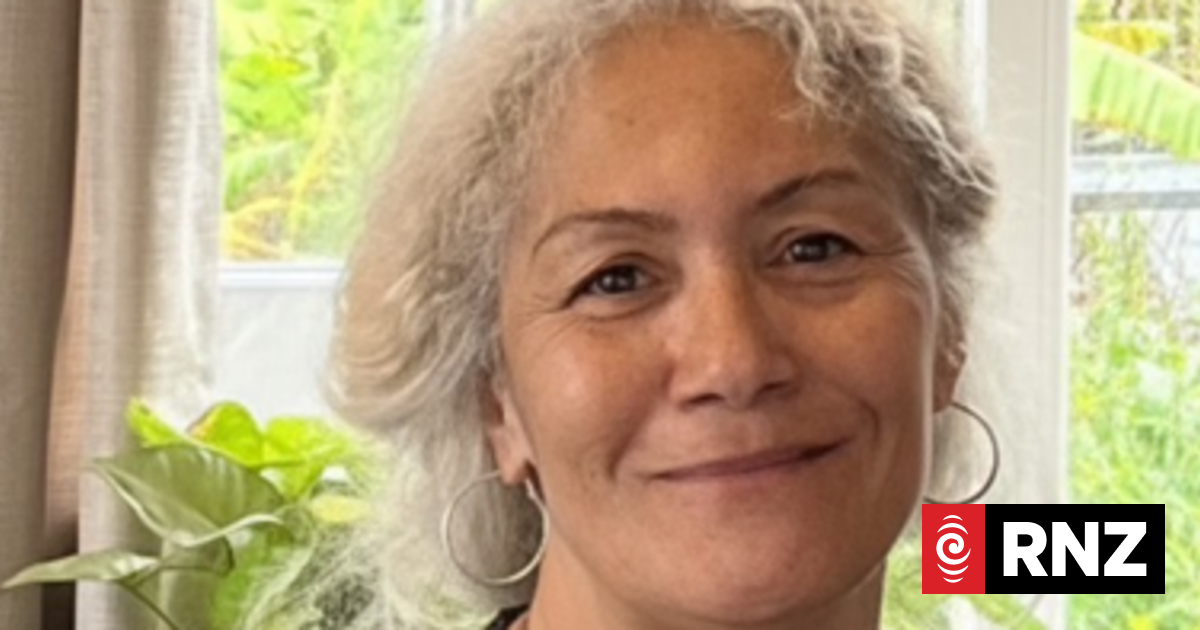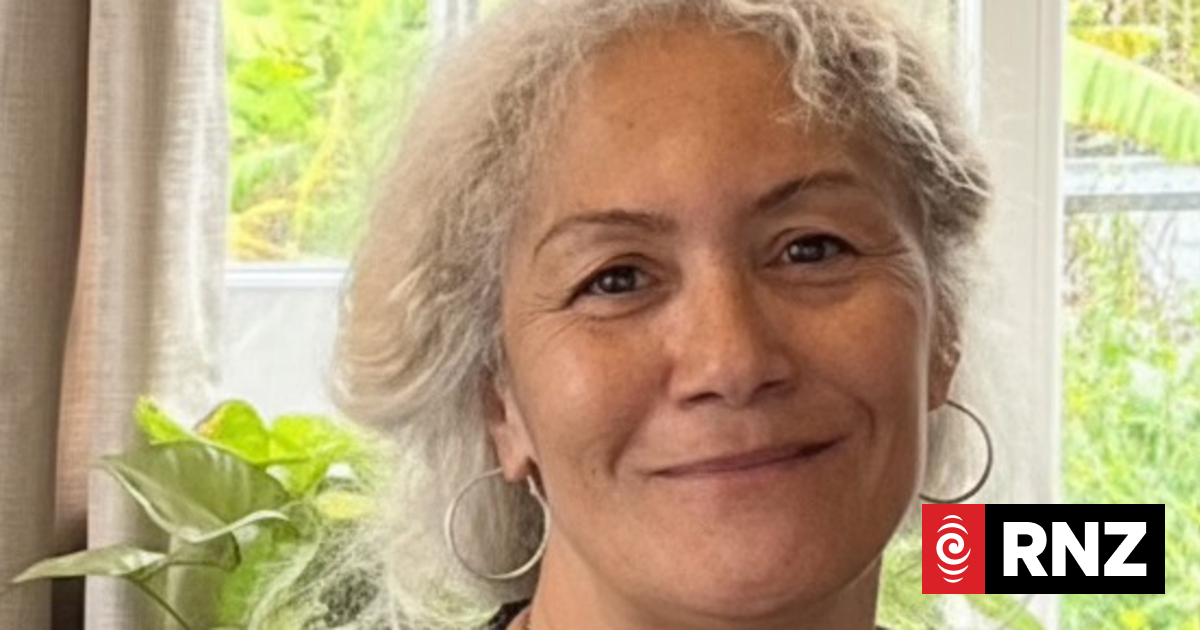Columnist Joe Bennett argues that the pile of veges at the front of the supermarket is every bit as much a morgue as the chillers of meat at the back.
Yesterday afternoon I committed mass murder. Between 3pm and 4pm I slew perhaps a dozen small trees. Without anaesthetic. For them, that is, not me.
You think I jest? I do not jest. For I
have just read an interview with Stefano Mancuso, a botanist, who has discovered that “you can anaesthetise all plants by using the same anaesthetics that work on humans”.
It is hardly surprising. All life on earth evolved from the same few materials. For billions of years there was no distinction between animal and vegetable. Even today we share 50 per cent of our DNA with trees. That’s up to the waist. Or down to it. Why shouldn’t plants feel?
Mancuso’s moment of revelation was as a graduate student researching how it was that the roots of a plant went around an obstruction in the soil. He discovered that the roots began to deviate before they reached the obstacle. In other words, they saw it coming. They detected it. They sensed it.
On reflection, of course, it is obvious that plants have senses. They sense the sun and reach towards it. They sense the presence of other things and wind around them. Some plants detect the movement of insects and trap them, kill them and eat them. This differs from me going fishing merely in the fact that the plants generally catch something. Plants are sentient beings. They are animals with roots.
It’s hard to find a moral distinction between a greengrocer and a butcher. Both trade in dead life forms, life killed for our benefit. The pile of vegetables at the front of the supermarket is every bit as much a morgue as the chillers of meat at the back.
Plants do everything we do except wander. They eat and breathe and grow and reproduce and die. One only has to look at the garden to see that they compete with one another. And Mancuso has demonstrated that they also cooperate, that trees, in particular, form communities that work together for the greater good of the species.
To do this they communicate through the use of volatiles. These are chemicals they emit to be received and interpreted by other plants. “Every single molecule means something, and they mix very different molecules to send a specific message.” This differs from our use of language only by being precise.
Advertisement
And yet we kill plants without compunction. Indeed we do not even think of it as killing. We speak of felling trees, or of harvesting vegetables. Killing we reserve for animals. Murder for our own species.
In this we are merely behaving like everything else. All organisms survive by killing and consuming other organisms. It’s the way of the world. But we choose not to see ourselves as just another organism. We imagine we belong to a higher order of being, which somehow justifies our limitless slaughter of the lower life forms. And what distinguishes us is consciousness.
When we try to define consciousness, however, we struggle. The OED tells us it is “awareness of one’s surroundings and identity”. But as we have seen, plants are aware of their surroundings through their senses. As for identity, we consider it a function of our wondrous giant brain. But the brain consists of neurons and neurons, as Mancuso observes, are nothing special. A neuron is “a normal cell that is able to produce an electrical signal. In plants almost every cell is able to do that.”
Mancuso sees plants as having a form of intelligence that is diffused throughout their body rather than concentrated in one specific area, similar to the octopus having brain capacity in each of its arms.
In short, then, Mancuso suggests we have underestimated plants. We have judged them against our own specific qualities and deemed them different, therefore inferior. Yet, they are built of the same stuff as we are and far closer to us than we imagine. At the same time we have overestimated ourselves. In truth, he suggests, we are neither better or worse than the self-seeded cherry trees that I slew in such numbers yesterday, or the dead chook and the dead onions and the dead sweetcorn that I am about to cook for my dinner.
Read More



